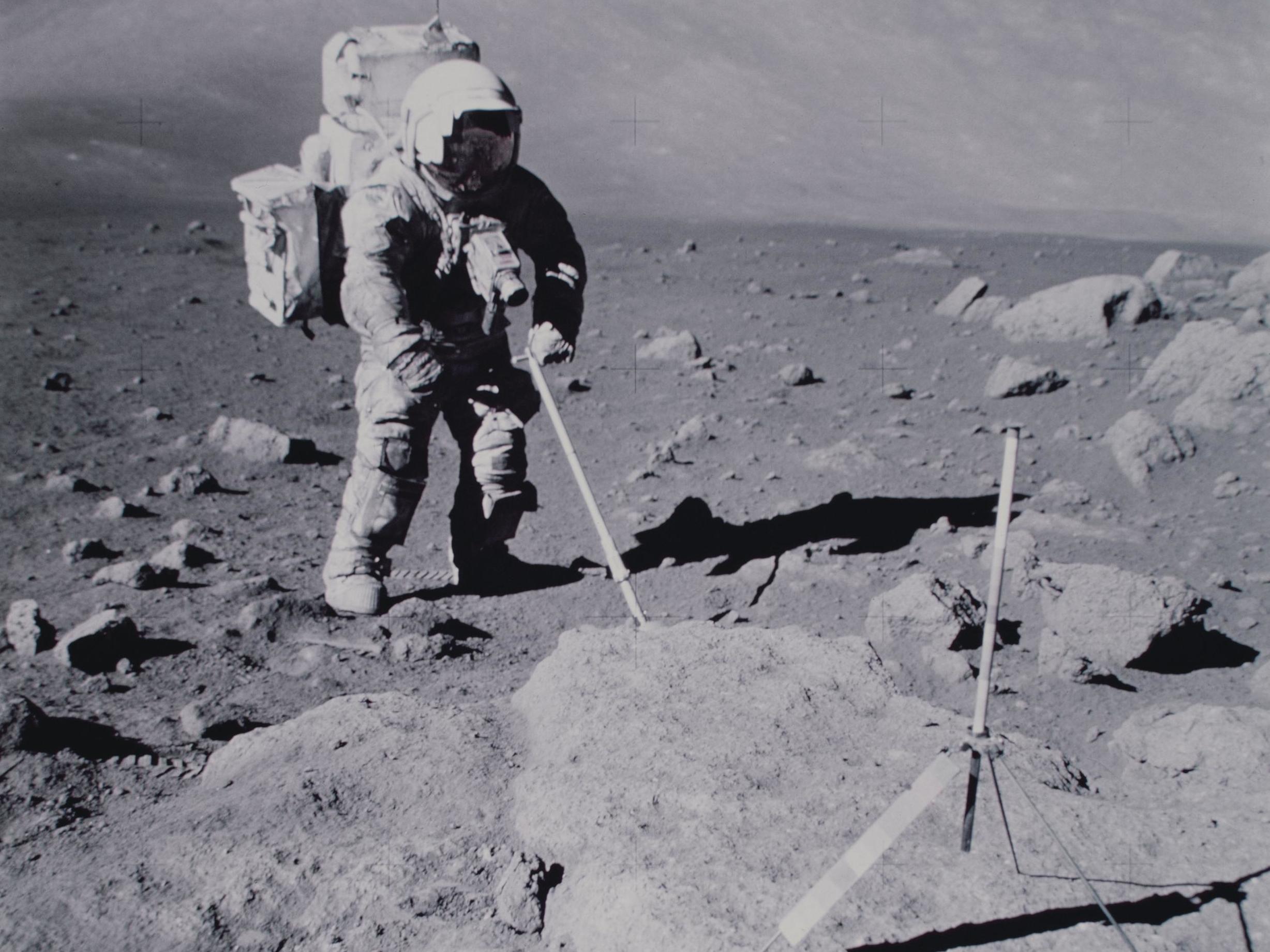Almost half of UK children believe Mars colony will be established in their lifetime, poll finds
Solving Earth's environmental problems high on list of things children want to fix

Nearly half of all children surveyed for a new poll believe humans will establish a colony on Mars within their lifetime.
Six in 10 children felt anxious about climate breakdown, with more than a third saying they did not think enough was being done to solve Earth’s environmental problems.
As a result, 61 percent believed mankind would look to space for other places to live in future, while 59 percent expected to holiday in space.
Worries about the future of Earth were not solely confined to the younger generation, as two thirds of parents admitted they were “future-proofing” their children to ensure they have the engineering skills required to tackle a future threatened by climate change.
The idea of living on another planet in the future has led to 46 percent of children to develop an interest in engineering and technology.
Nasa centennial challenge: Finalists design 3D Mars habitats
Show all 5In total, 1,000 children aged six to 16 and their parents were polled by the Institution of Engineering and Technology.
It found that engineering was now the third most popular profession among the children polled (15 percent), with the career only falling behind being a YouTuber (18 percent), or footballer (17 percent).
Of those who chose engineering, 16 percent of children said space exploration would be the number one field they would want to work within.
While the profession has historically suffered from a gender imbalance, 36 percent of children who expressed interest in such a career were girls.
A total of 37 percent od parents said they would like to send their children to an extra-curricular activity such as a mathematics, coding or science club.
And STEM extracurricular activities proved to be more popular than music (34 percent) and drama (33 percent) lessons.
“The future of space exploration will require the ingenuity of as many young people as possible with the right skills," said IET Young Woman Engineer of the Year and aspiring astronaut Sophie Harker.
The 27-year-old added: “Showing young people – and especially young women – that STEM careers have infinite possibilities is vital.”
SWNS
Subscribe to Independent Premium to bookmark this article
Want to bookmark your favourite articles and stories to read or reference later? Start your Independent Premium subscription today.

Join our commenting forum
Join thought-provoking conversations, follow other Independent readers and see their replies